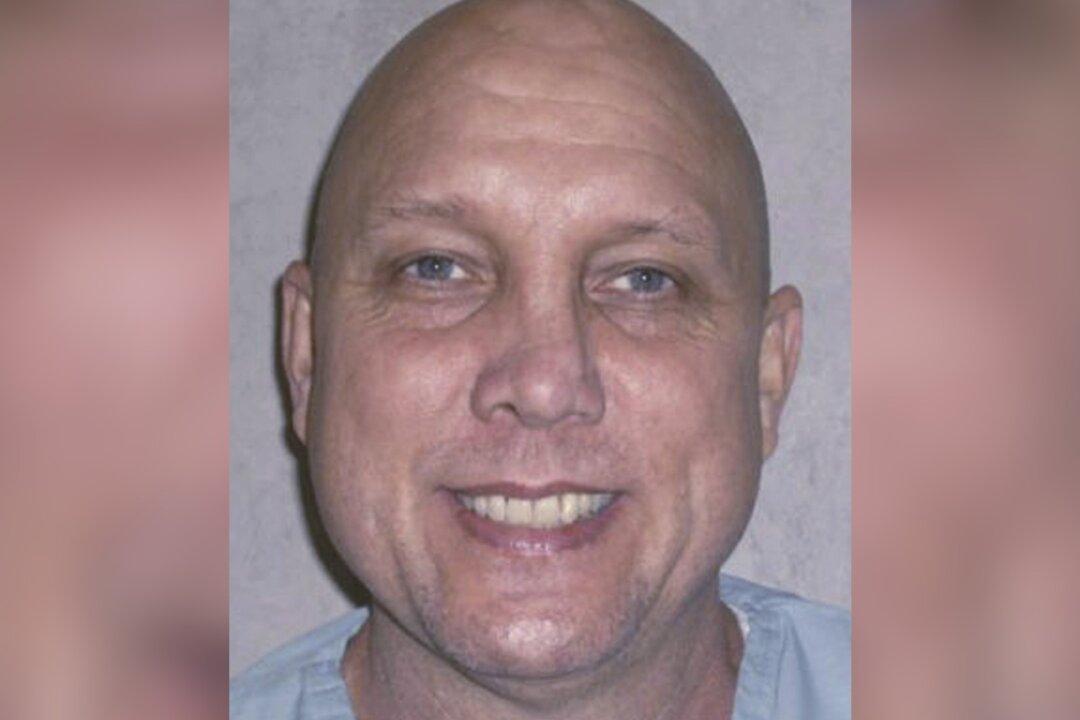McALESTER, Okla.—Oklahoma executed a man Thursday for a double killing in 2001, despite his claims of self-defense and a board’s clemency recommendation that the governor waited until the last minute to reject.
Phillip Dean Hancock, 59, received a three-drug lethal injection at the Oklahoma State Penitentiary for the killings of Robert Jett Jr. and James Lynch and was declared dead at 11:29 a.m. His execution went forward once Republican Gov. Kevin Stitt declined to commute his sentence.





